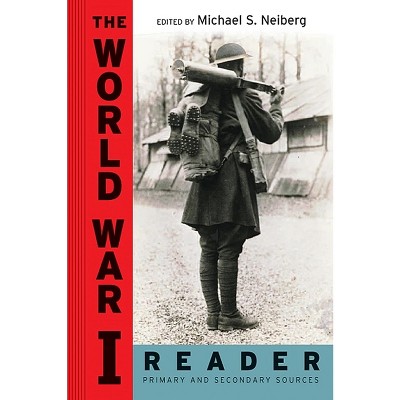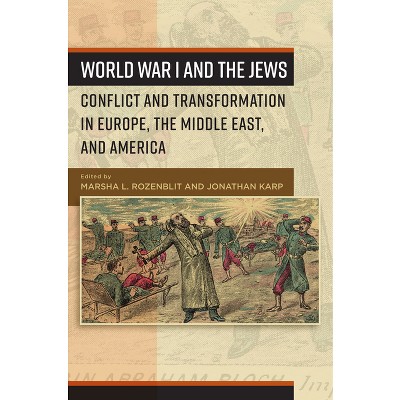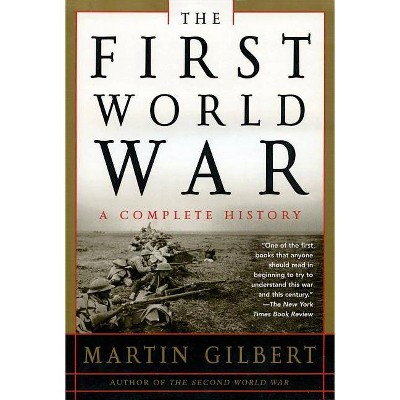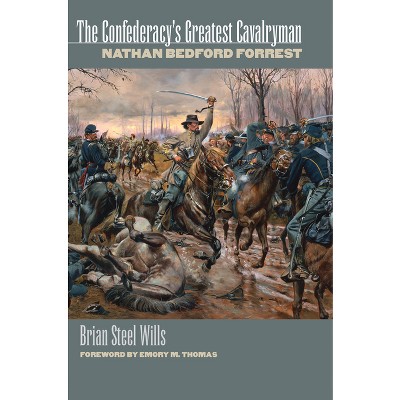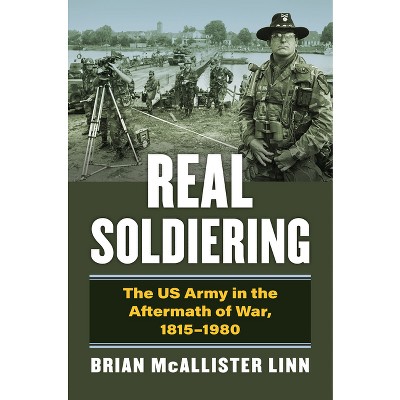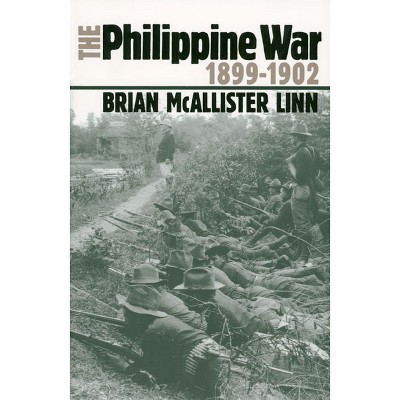Sponsored

Misfire - (Modern War Studies) by Brian P Farrell (Hardcover)
In Stock
Sponsored
About this item
Highlights
- Of all the Allied strategic defensive campaigns in the first half of World War II, the fight to defend Malaya and Singapore provided perhaps the best chance to use special forces to wider effect.In December 1941 the issue in the East during World War II was whether or not the Japanese could drive the Western Allies out of Southeast Asia before the Allies could reinforce strongly enough to prevent it.
- Author(s): Brian P Farrell
- 334 Pages
- History,
- Series Name: Modern War Studies
Description
About the Book
Of all the Allied strategic defensive campaigns in the first half of World War II, the fight to defend Malaya and Singapore provided perhaps the best chance to use special forces to wider effect.
Book Synopsis
Of all the Allied strategic defensive campaigns in the first half of World War II, the fight to defend Malaya and Singapore provided perhaps the best chance to use special forces to wider effect.
In December 1941 the issue in the East during World War II was whether or not the Japanese could drive the Western Allies out of Southeast Asia before the Allies could reinforce strongly enough to prevent it. Consequently, the British Army organized, trained, and specifically equipped special-forces combat units to operate independently, for long periods of time if necessary, physically separated from the main forces in the field. British Army special-forces units were usually directed to carry out two broad but often closely related missions: provide direct assistance to main force operations; and harass enemy movements, lines of supply, and communications. Special forces were also frequently used to destroy specific targets, sometimes in completely independent operations with no main force in the field, and especially to act as the eyes and ears of the main force, gathering intelligence on enemy movements and or screening those of friendly forces.
In Misfire, Brian Farrell analyzes how and why the British Army developed special forces in the early years of World War II; what uses it made of them; and the role that special and irregular forces played in defending Malaya and Singapore against Japanese invasion, from prewar preparations to capitulation in February 1942. Farrell's examination of the use of special and irregular forces helps us understand both the Malayan campaign and wider efforts to defend Southeast Asia as well as what that campaign tells us about the evolution of such forces in the British and Empire armies.
Review Quotes
"Brian Farrell has produced an invaluable study of the role of Independent Company in the Malayan Campaign of 1941-1942, showing how institutional and personal biases at every command level prevented it from achieving its potential as the one unit that might have significantly slowed the Japanese advance. 'Opportunity wasted' is the sobering conclusion of a compelling examination of what might have been."--Peter Dennis, coauthor of The Australian Imperial Force: The Centenary History of Australia and the Great War
"The rise of 'special forces' as important (and heavily publicized) components of armies dates to the Second World War. Brian Farrell, a distinguished historian of the war against Japan, has brilliantly reconstructed one of the first attempts to create and deploy such a force during the doomed attempt to hold Singapore in 1941-1942. His careful examination of a neglected episode in a lost campaign powerfully underscores the maxim that often far more can be learned from studying defeat than by celebrating victory."--Raymond Callahan, author of Churchill and His Generalsand Triumph at Imphal-Kohima
"The seventy-day battle for Malaya in 1941-1942 ought to have been a perfect opportunity for the British to employ special forces to hinder the advancing Japanese Army. Instead, it proved a humiliating example of how not to use such units. Brian Farrell's fascinating study of the campaign, the first of its kind, sheds much valuable light on the past while offering food for thought about the twenty-first century use of special forces."--Alan Allport, author of Britain at Bay: The Epic Story of the Second World War, 1938-1941
"Ambitious in scope, rigorously researched, and forensic in its assessments, Misfire is an impressive work of scholarship. It is a must-read for those interested in the history of special operations forces."--Karl James, author of Double Diamonds: Australian Commandos in the Pacific War, 1941-45
